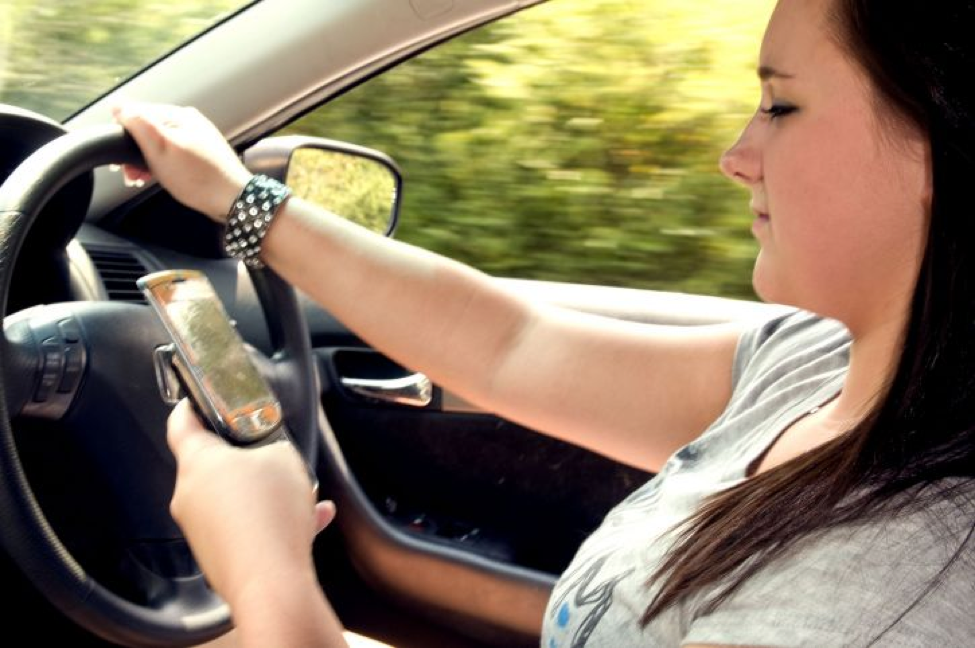Are you a good driver? Many people would say yes in response to this question. But if your driving performance was analysed, would the results match your response? Many of us think we’re capable behind the wheel, but the vast majority of accidents on the road are caused by driver error. If you’re a driver, are you sure that you’re not a hazard on the highways.
The most common offences
Driving dangerously is not just a safety risk. It can also land you in hot water when it comes to the law. There’s a code of practice in place, and all drivers are expected to comply with it. If you’re not driving with due care and attention, you may be committing an offence. If you are caught out by cameras, or you’re pulled over by the police, there’s a risk that you could face legal action. Examples of the most common driving offences include:
Speeding
Speeding is defined as driving over the speed limit. You’ll find that speed limits vary in different areas. As a driver, you should be aware of the limit, and adjust your speed accordingly. If you’re going too fast, you’ll be liable for punishments like fines, driving points and even a ban. Speeding is a serious offence because it can result in devastating consequences. If you have a crash at a low speed, the risk of life-threatening injuries is significantly lower than when you crash at high speed. In residential and built-up areas, you’ll find that speed limits are much lower than they are on main roads. Be aware that speed restrictions are different when you go abroad. Look out for signs, and find out whether you’re working in km/h or mph.

Image from https://www.flickr.com/photos/senoranderson/3363262014
Using your mobile phone
In the US, it’s not illegal to use your phone at the wheel, but in the UK, you can be severely reprimanded for calling or texting people while you drive. When you’re behind the wheel, you should give the roads and the vehicles around you your full attention. If you’re trying to make a call or you’re plugging in numbers, you can get distracted easily, and your reactions may be slower. If you’re driving in a country where it’s illegal to use a phone while driving, and you need to make a call, use a hands-free set or find a safe place to pull over.

Image from http://www.pixnio.com/people/female-women/attempting-to-text-on-cell-phone-while-driving-car
Drink driving
Drink driving charges in the UK are known as DUI charges in the US. There are limits in place, which dictate the amount of alcohol you can consume before driving. If you’re driving and you’re found to have excessive quantities of alcohol in your system, you may face legal action. In the US, you’d probably seek advice from a criminal defense attorney. In the UK, if you faced charges, you would search for a solicitor with experience in dealing with driving offences. In the case of minor accidents where nobody else is harmed, you may escape with a fine or a driving ban. If other people are injured or even killed, the penalties are likely to be much more severe. Drinking and driving is very dangerous because alcohol affects your behaviour, as well as your ability to make judgements and to react quickly. We tend to take more risks when we drink, and it may be more difficult to maintain control of the vehicle, especially at high speed. Even if you feel fine after a drink or two, you should never drive if you’re over the limit.

Image credit https://www.pexels.com/photo/cold-alcohol-drink-glass-12591/
Careless driving
If you’re breaking the rules of the road and putting yourself and other drivers at risk, you may be charged with careless driving. Examples may include overtaking without giving other vehicles enough time or space, driving too close to the car in front, weaving in and out of traffic on a motorway and not looking properly when you’re changing lane, turning, or slowing down. In most cases, minor punishments are handed out for careless driving. In the UK, this usually means penalty points or even just a dressing down from the police.

Image by https://commons.wikimedia.org/wiki/File:Moscow,_Bolshaya_Serpukhovskaya_31_crash_May_2010_02.JPG
If you’re a driver, ask yourself whether you’re a hazard on the highways. We often think that we’re good drivers, but would you pass your driving test now? Some of us develop bad habits, and we may not always pay enough attention to road safety. If you don’t drive carefully, you may put your safety at risk, and other people around you may end up with injuries. There’s also a risk that you could face legal action. Next time you head out in the car, make sure safety is a priority and do everything you can to ensure you get from A to B safely.

